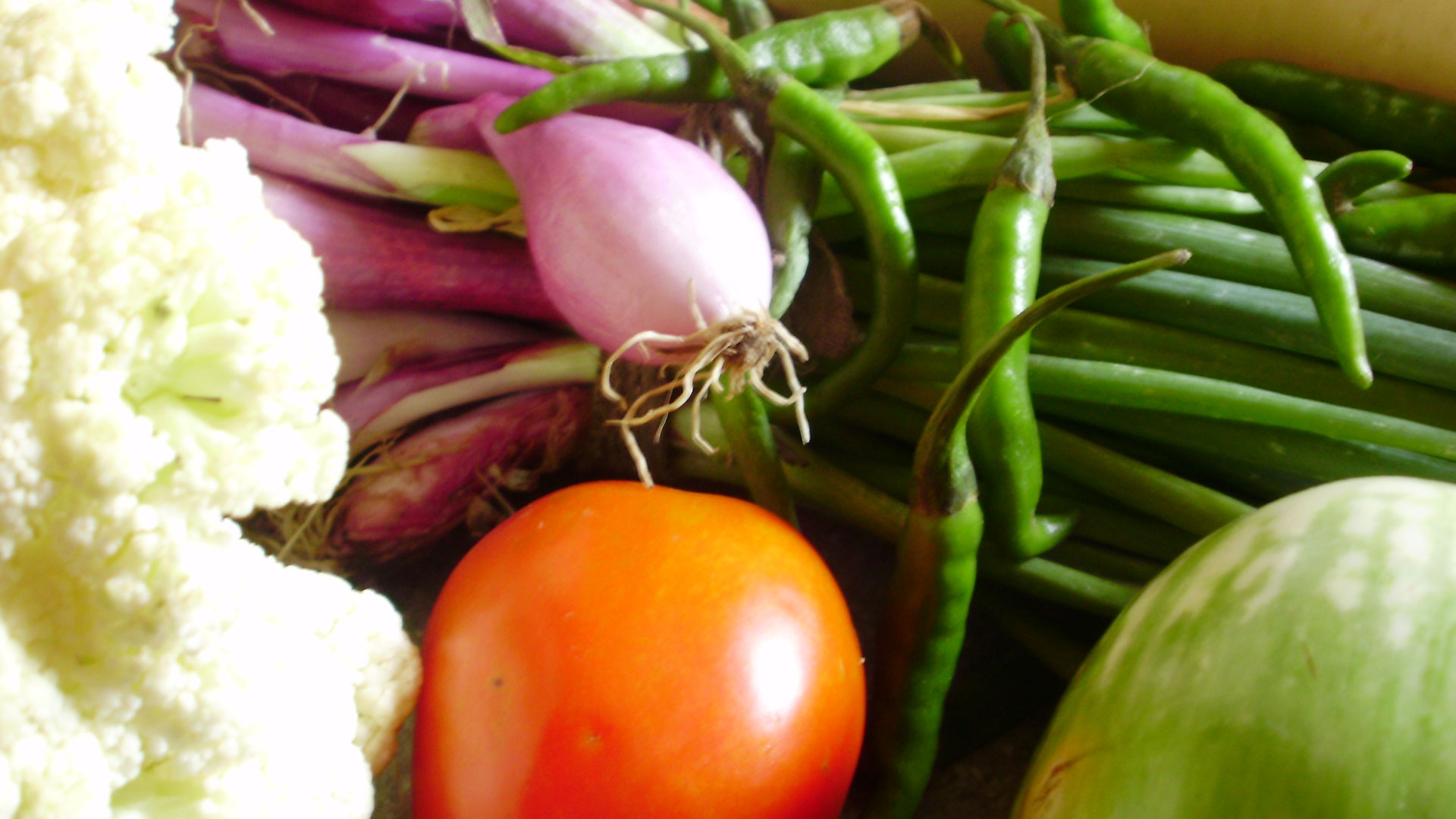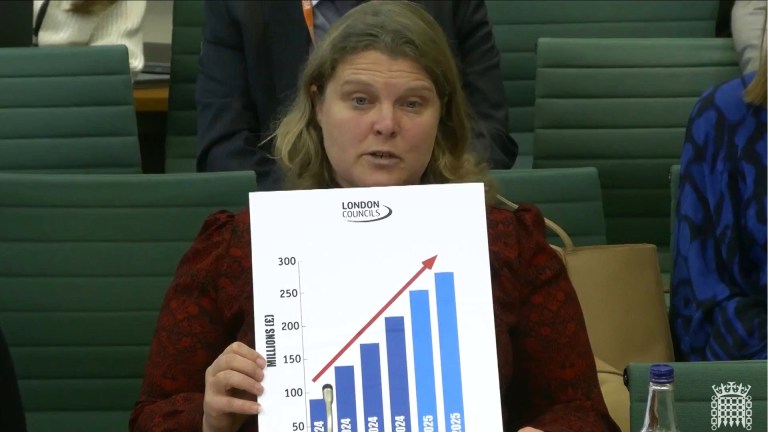Lockdown measures designed to slow the spread of Covid-19 have impacted every part of life – and experts are surprised to have found they’re drastically reducing the amount of food we throw away.
Our behaviour around planning, buying, storing and eating food changed in just the first two weeks of lockdown, research by sustainability group WRAP found, recording a 34 per cent drop in the amount of potatoes, bread, milk and chicken wasted by UK households.
This is in part down to shifting shopping patterns, with 63 per cent of UK citizens saying they were going to the supermarket less often. But nearly the same number of people said they had bought more food in the last month.
Attitudes towards food changed too, with a 23 per cent increase in the number of people who agreed with the statement “everyone, including me, has a responsibility to minimise the food we throw away”.
The study of nearly 4,200 adults carried out between 6-9 April found Brits had been getting into good habits: including spending more time planning before going to the shop, improving food storage in their homes, freezing more produce and getting creative with cooking.
Frozen foods have months of life #BeyondBestBefore. Our new guidance outlines how these can be redistributed to make the most of this frozen products https://t.co/eVKtGQL2w0 pic.twitter.com/rd3prmlSlU
— WRAP (@WRAP_NGO) May 20, 2020










